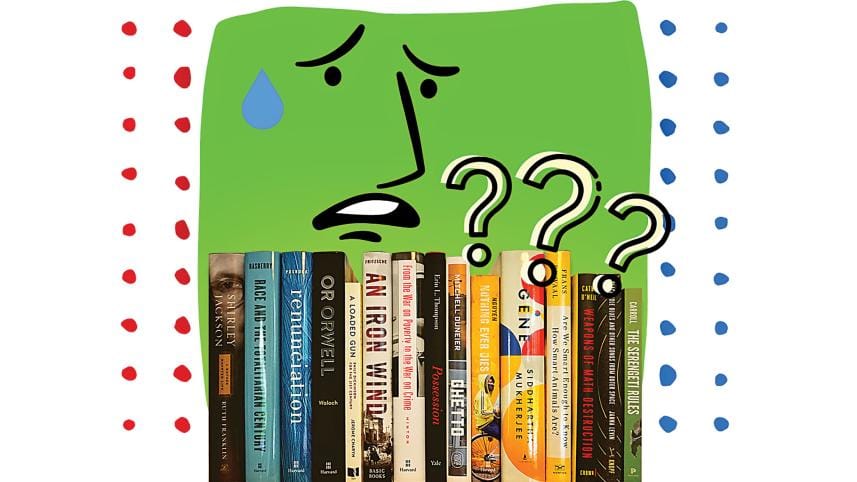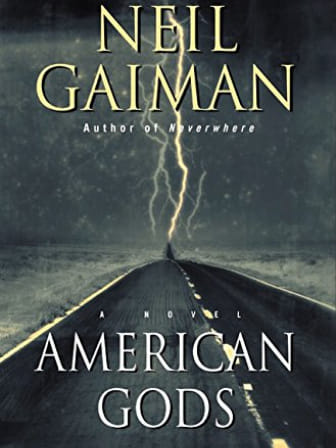Why you should give your books a break

A week or two ago, I came across an opinion piece by Hassan Munhamanna on Daily Star Books in which he talked about his struggles with reading books in their entirety. While I'm sure many readers experience this at some point in their lives, what concerns me is the long-term impression it may have on them—more often than not, this supposed failure makes readers assume that the book they are unable to finish is either not suited to their taste or not interesting enough to keep their attention.
I think there's more to this phenomenon than meets the eye.
Similar to a writer's block, readers too experience a reading slump at some point in their lives. You get into the habit of reading 20 books a year and then all of a sudden, you're struggling to get past the first 50 pages of a novel. It could even be that you're crippled with guilt or apprehension to even look at a book, let alone pick it up and read a few pages. If you're experiencing this with some books but not others, then it might just be that you're not ready for the particular book in question.
Our reading habits and tastes change as we get older. Some of us hated reading classic literature when we were kids, but then grew up to fall in love with it. Even throughout our adulthood, we tend to evolve as readers; reading a variety of books with different writing styles and genres can help broaden our horizons and allow us to enjoy books we were previously not fans of.
On top of that, our moods and mental states, along with the experiences we are having at any particular time, also play a factor in determining what kind of books we enjoy.

One book that I struggled to finish was American Gods (William Morrow, 2001) by Neil Gaiman, which may come as a surprise to those who know about my absolute love for the author. The love story started when I was about 16 years old and read The Graveyard Book (HarperCollins, 2008); I fell head over heels for his ability to set a scene, write compelling characters, and translate words into emotions that strike the reader's heart.
I would devour his oeuvre over the next two years—comics, novels, short stories, children's books, yet the one book that I could not seem to get past the first 100 pages of was American Gods.
The novel came across to me as rather boring. It jumped back and forth between different characters and scenes, and the large interlude sections felt pointless to me. The plot itself was rather slow.
Yet I kept coming back to it for eight years before I could finally finish it. During this time, I had grown an appreciation for history and mythology. More than that, I had learned to appreciate books that wouldn't give me instant gratification in the first 10 chapters.

Similar to how writers often come up with ideas that they cannot immediately write about with a certain level of maturity, readers, too, need to let some books sit. Gaiman himself first came up with the idea for The Graveyard Book in 1985. It would be another 23 years before the novel would be published. He once remarked that when he developed the initial concept, he didn't think he was yet the writer he needed to be to do the story justice.
If you or someone you know is experiencing this with respect to reading a book, I suggest putting it back on the shelf temporarily; go and read something else. Switch it up between genres and styles until you're enjoying the experience again. Or maybe even take a break from reading.
If there's one thing I'd ask for you to take away from this article, it is to stop being hard on yourself for not being able to finish a book. Just because you were reading 20 books a year at one point, it doesn't mean you need to be doing so now or even ever. After all, why should a hobby stress you out?
Aaqib Hasib will someday finish writing his book. But not today. Write to him at aaqib.hasib@thedailystar.net.




 For all latest news, follow The Daily Star's Google News channel.
For all latest news, follow The Daily Star's Google News channel.
Comments